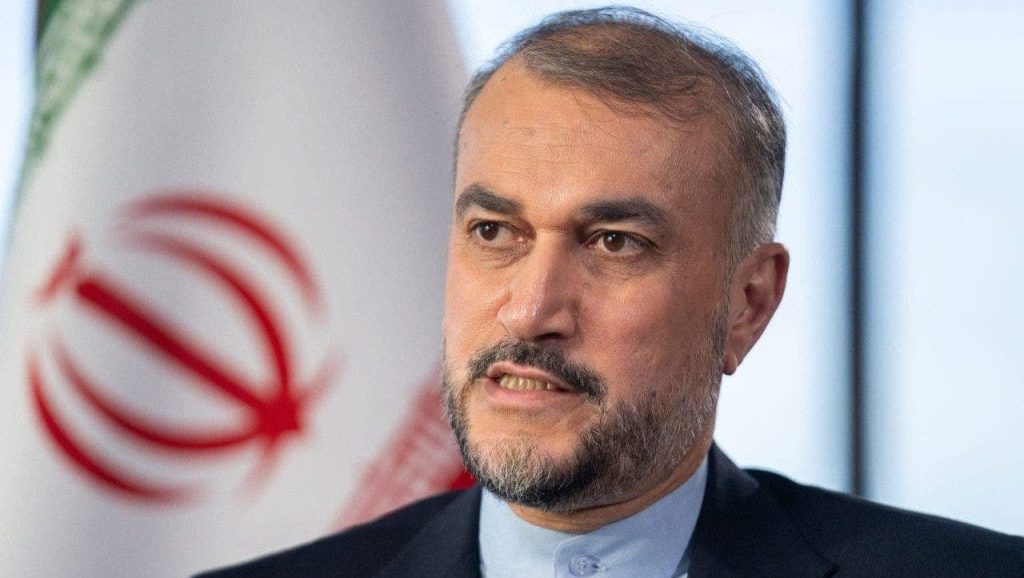Iran’s top foreign affairs official, Foreign Minister Hossein Amir-Abdollahian, dismissed the recent weapons launched against the country by Israel as “toys” and stated that there was no plan to retaliate. He downplayed the Israeli strike, referring to it as insignificant and emphasized that unless there is further provocation by Israel, Iran does not intend to take any new actions. Despite the threatening rhetoric, the Iranian regime is not entirely convinced that the strike originated from Israel and failed to offer any alternative theories. However, Amir-Abdollahian did assert that if Israel were to take further action against Iran, the response would be swift and severe.
No mention of the Israeli strike was made by Iranian President, despite past threats of complete destruction. Iran later confirmed that its nuclear facilities were “fully safe” following the limited strikes carried out by Israel in retaliation for Tehran’s previous attacks on Israel. A military source described the Israeli strike as “limited,” and there were no reports of significant damage or casualties as a result. The Isfahan province, location of the Natanz nuclear facility, was where explosions were reported, but Iranian state media declared that there was no impact on the atomic sites and that they were unharmed. The International Atomic Energy Agency also confirmed that there was no damage to Iran’s nuclear sites, adding to the assurance of safety despite the military actions.
The Israeli strike on Iran was carried out in response to a missile and drone attack launched by Iran on Israel the previous Saturday. However, the Iranian regime was quick to label the Israeli assault as minor and dismissed it as insignificant. Foreign Minister Amir-Abdollahian reiterated that Iran would only respond if there was further provocation from Israel and that the current attack did not warrant any new reactions from Iran. Despite the threats of swift action should Israel escalate the situation, Amir-Abdollahian failed to provide any concrete evidence linking the strike to Israel or any alternative theories regarding the source of the attack.
Amir-Abdollahian’s comments during an interview with NBC News highlighted Iran’s stance on the recent military actions and its approach to dealing with potential conflicts. By downplaying the seriousness of the Israeli strike and emphasizing the lack of immediate plans for retaliation, he provided insight into Iran’s strategy in responding to external threats. The assertion that Iran’s nuclear sites were unharmed and fully safe, despite reports of explosions in the vicinity, further reinforced the narrative that the country was not significantly impacted by the Israeli attack. The absence of direct confrontation with Israel and the emphasis on de-escalation showcased Iran’s cautious approach to handling the situation.
The measured response from Iran following the Israeli strike contrasted with previous threats of complete destruction and highlighted a desire to avoid further escalation. The reassurance that Iran’s nuclear facilities were unharmed and fully operational, as confirmed by international watchdog organizations, aimed to reduce concerns about the impact of the military actions on Iran’s nuclear program. The lack of definitive evidence linking the strike to Israel and the focus on potential future provocations indicated a strategic approach by Iran to manage the situation and maintain a position of strength without resorting to immediate retaliation. The ongoing tensions between Iran and Israel were evident in the aftermath of the recent attacks, but Iran’s response reflected a calculated and cautious approach to handling the conflict.


